Our Practice Advisory Board
The project "Success Factors of Digital E-Participation" is supported by a dedicated practice advisory board, consisting of experienced practitioners from the fields of public administration, civil society, and the private sector. This body is crucial to ensuring that our project is implemented in a practical manner and brings about real change.
Roles and Responsibilities of the Practice Advisory Board:
-
Practical Insights and Application AdvicePractical Insights and Application Advice: Our advisory board members contribute their extensive practical experience gained in their respective fields. They advise the project team on realistic conditions and challenges that arise in digital participation.
-
Bridging Theory and Practice: The practice advisory board helps bridge the gap between scientific research and practical application. They ensure that our research findings are not only theoretically sound but also practically implementable.
-
Promotion of CooperationThe board members use their professional networks to foster key partnerships that support the project and enhance its visibility and impact.
-
Ethics and Social Responsibility: The advisory board ensures that all project activities adhere to ethical principles and reflect social responsibility, contributing to the credibility and acceptance of the project.
-
Dissemination of Results: Finally, the practice advisory board plays a key role in disseminating the project's results and findings within their respective sectors and beyond, in order to promote the practice of digital participation.
The practice advisory board is an essential part of our project, helping us bridge the gap between scientific research and practical application, and ensuring that our results have profound and lasting impacts in the real world.
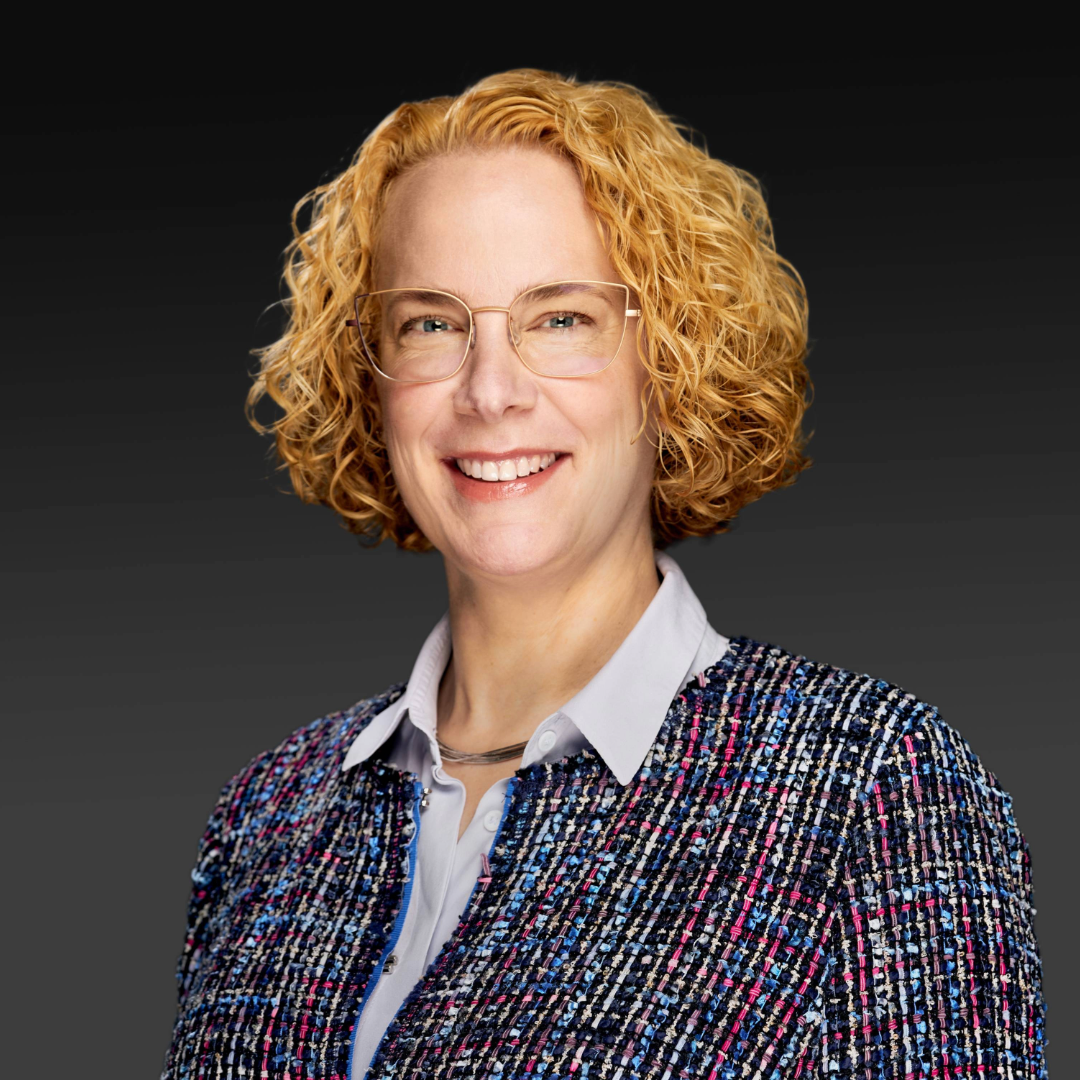
Dr. Uda Bastians
German Association of Cities
Dr. Uda Bastians has been a Vice President at the German Association of Cities since February 2018, leading the Department of Law and Administration. Prior to this, the doctoral jurist gained extensive experience at the state level with the Brandenburg County Association and at the federal level with the Federal Ministry of Labour and Social Affairs.
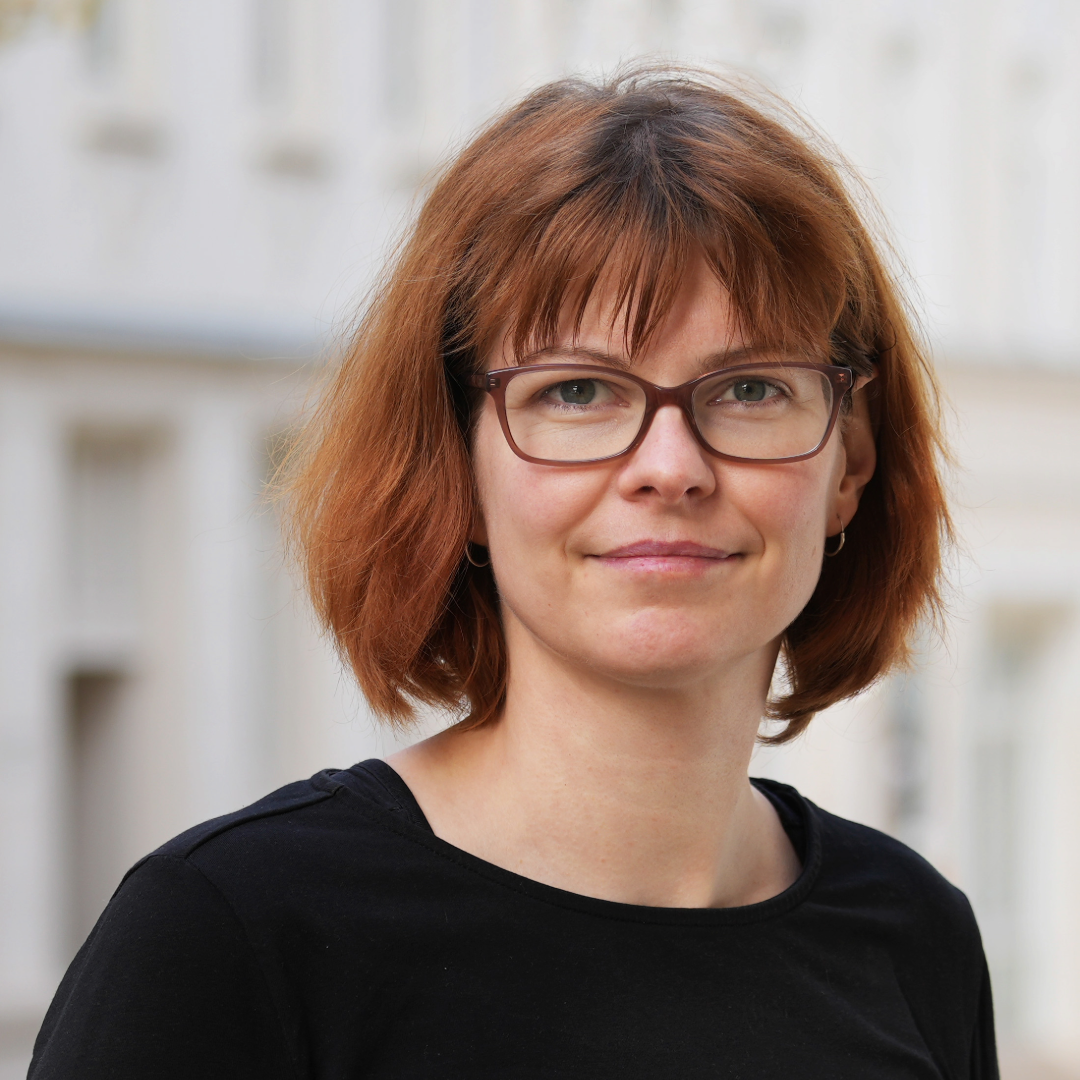
Sabine Brünler
Municipal Forum Saxony
| Sabine Brünler, born in 1985 in Karl-Marx-Stadt, is a historian and research associate in the state parliament. She is also the chairwoman of the KFS and a city councilor in Chemnitz. Her areas of focus include child, youth, and family policy at the municipal level, as well as promoting citizen participation. |
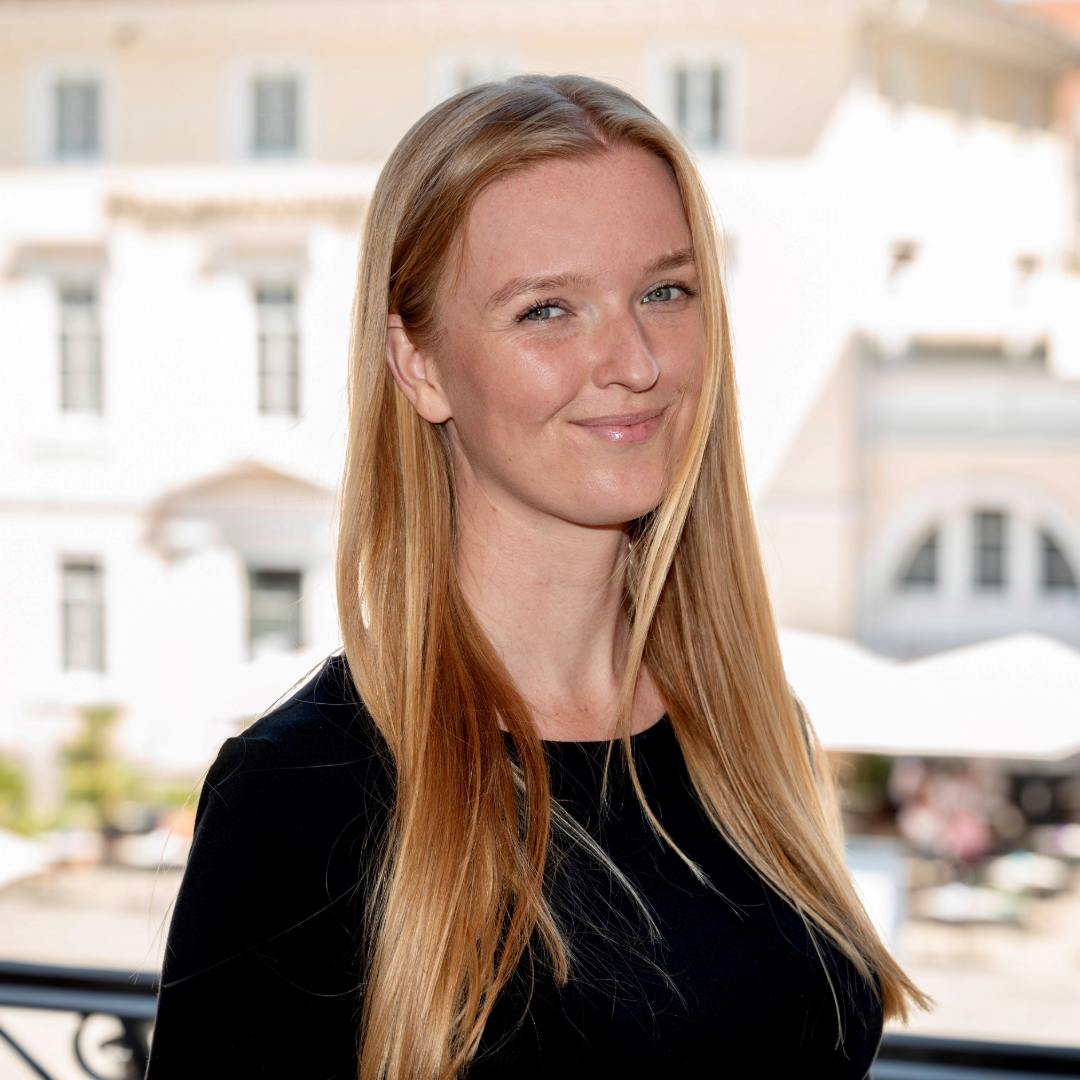
Carolin Engel
City of Karlsruhe
Carolin Engel holds a Master of Science (M.Sc.) in Business Administration and Management from Otto-Friedrich University Bamberg (2011–2014), where she worked as a research assistant at the computing center. Prior to that, she earned a Bachelor of Arts (B.A.) in European Economic Studies and spent a year abroad at the Universidad de Extremadura as part of the Erasmus program.
Since January 2020, she has worked as the deputy head of the Science Department and in the Head Office of karlsruhe.digital. Prior to this, she worked as a project manager in the same area since 2018 and previously at Stadtmarketing Karlsruhe GmbH as a project manager in the science sector. Other career stages include roles in product and online marketing, as well as management at ProjectPlant GmbH and andrea.biedermann Manufaktur GmbH. Her master's thesis at Siemens Healthcare focused on the development of a leadership branding concept.
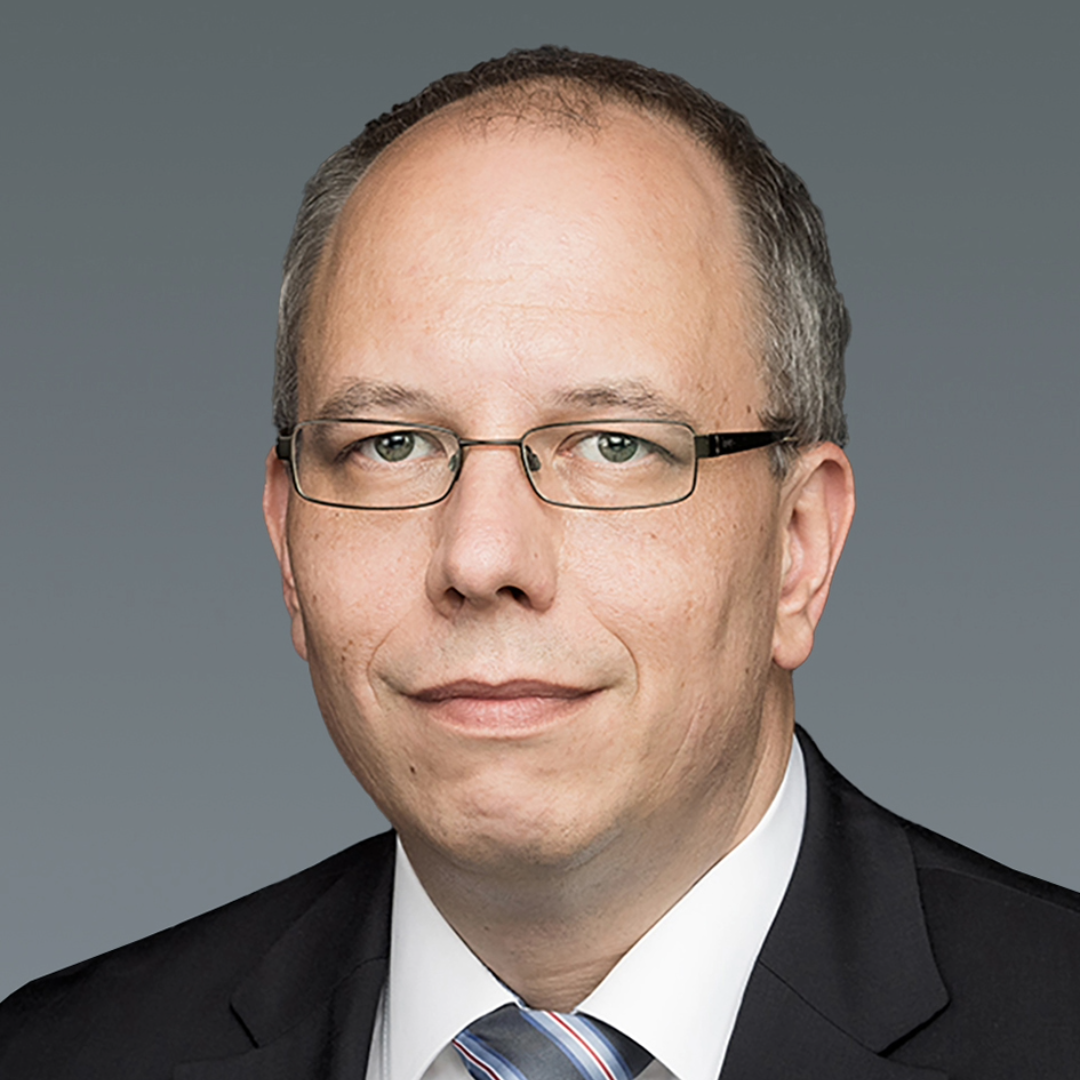
Alexander Handschuh
German Association of Cities
| Alexander Handschuh is a political scientist and has been the spokesperson of the German Association of Towns and Municipalities (DStGB) since 2006. As the deputy spokesperson of the municipal umbrella organization, he deals with fundamental questions of digitalization. His areas of responsibility include, among others, the following topics: IT Planning Council, digital cities and regions, cooperation within the association, open government, the National Regulatory Control Council, and bureaucracy reduction. |
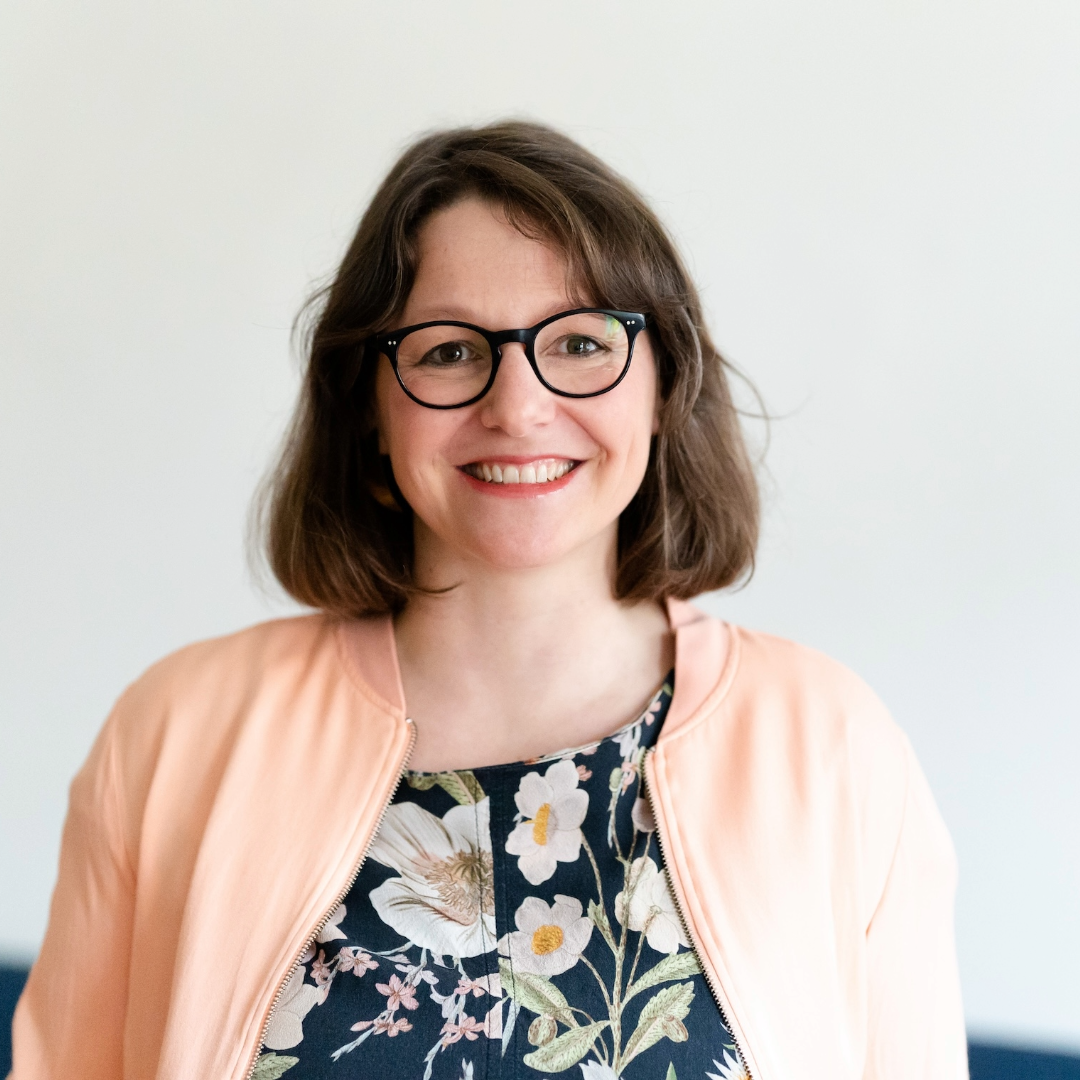
Carolin Klingsporn
Liquid Democracy
|
Carolin Klingsporn has been a board member at Liquid Democracy e.V. since December 2019, advocating for digital democracy and software development in the field of civic tech. Since 2018, she has also been involved in project consulting for digital democracy promotion, offering workshops, lectures, and moderation, and overseeing the strategic development of the participation software Adhocracy. Previously, she worked as a research associate and project manager at adrian-prozessnavigation, managing projects on communication and cooperation for the state of Berlin. Other professional positions include her work as a scientific advisor at the German Association for Housing and Urban Development e.V. and as a research associate at the Technical University of Berlin and the Maecenata Institute for Philanthropy and Civil Society. Carolin Klingsporn holds a degree in Urban and Regional Planning (Diplom-Ingenieurin) from the Technical University of Berlin and completed an Erasmus program in Architecture at the École d’Architecture de Lyon. |
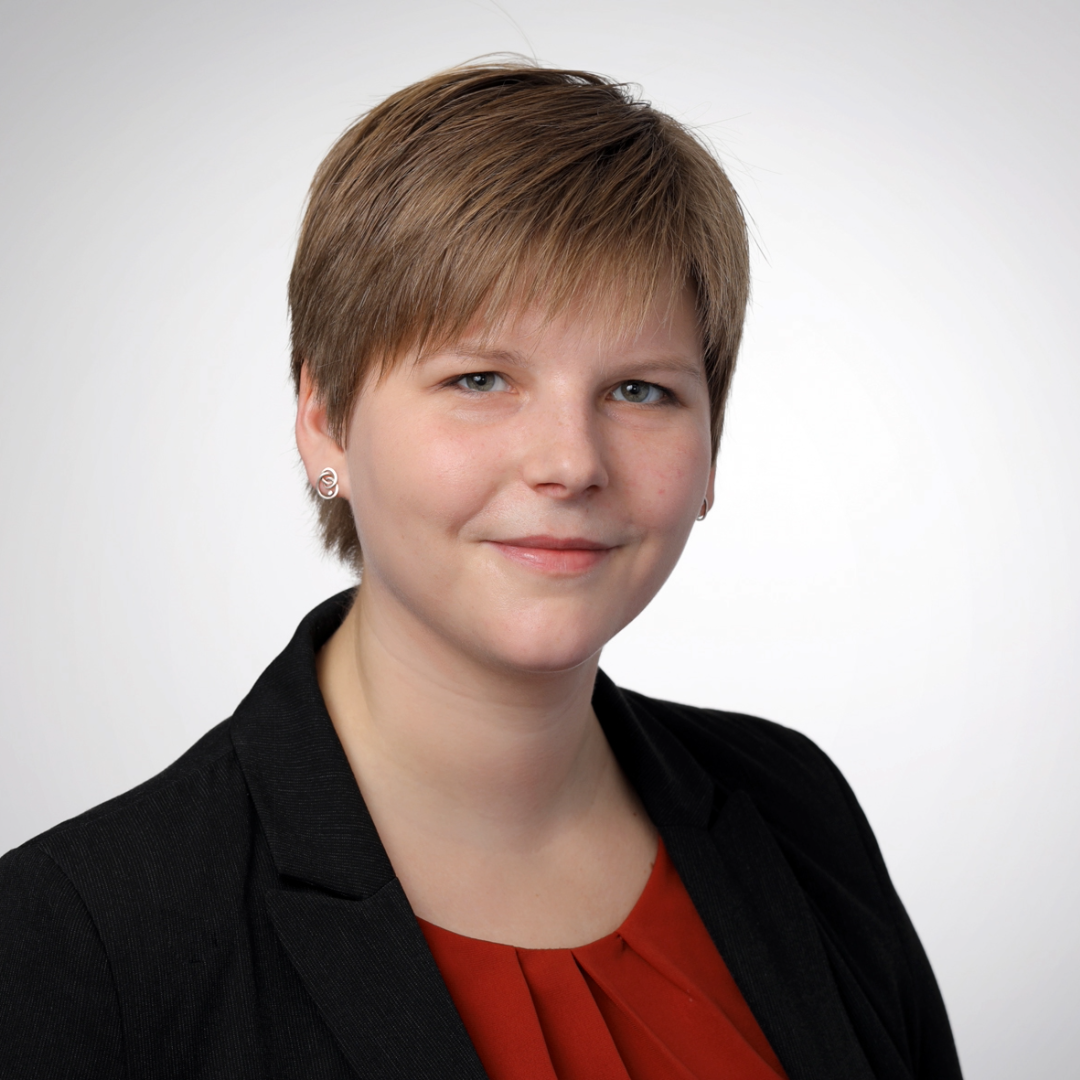
Theresa Lotichius
Wer denkt was
Theresa Lotichius, M.Sc., is the managing director in the field of citizen participation and issue management at wer denkt was GmbH. She completed her studies in Communication and Social Sciences at the University of Erfurt in 2009 and gained initial experience in managing community radio stations. In 2012, she earned her Master of Science in Communication Management from the University of Hohenheim. Since 2014, she has led various projects and citizen participation procedures at wer denkt was GmbH, with a focus on the design, consulting, and support of citizen participation processes.
Roland Masche
City of Hagenow
Roland Masche has been working as an economic development officer and controller for the city of Hagenow since April 2013, bringing over a decade of experience in regional economic development. In addition to his responsibilities in supporting and developing local businesses, he also leads the Smart City project in Hagenow, which drives the city's digitalization and modernization. Prior to his role in Hagenow, Masche spent more than 20 years as a division manager at the Bürgschaftsbank Mecklenburg-Vorpommern, where he gained extensive experience in promoting business projects and providing financial support to companies. With his deep expertise in economic and digital development processes, he plays a central role in the strategic future planning of the city of Hagenow.
Hanns-Jörg Sippel
Foundation for Participation
Hanns-Jörg Sippel is a social scientist and the chairman of the board of the Foundation for Participation. His areas of focus include democracy development, political participation, and e-participation. Additionally, he advocates for the promotion of civic engagement through web-based information and services. Until 2014, Sippel was a member of the founding and preparation groups of the Citizens' Participation Network, where he is currently an active member of the network council.
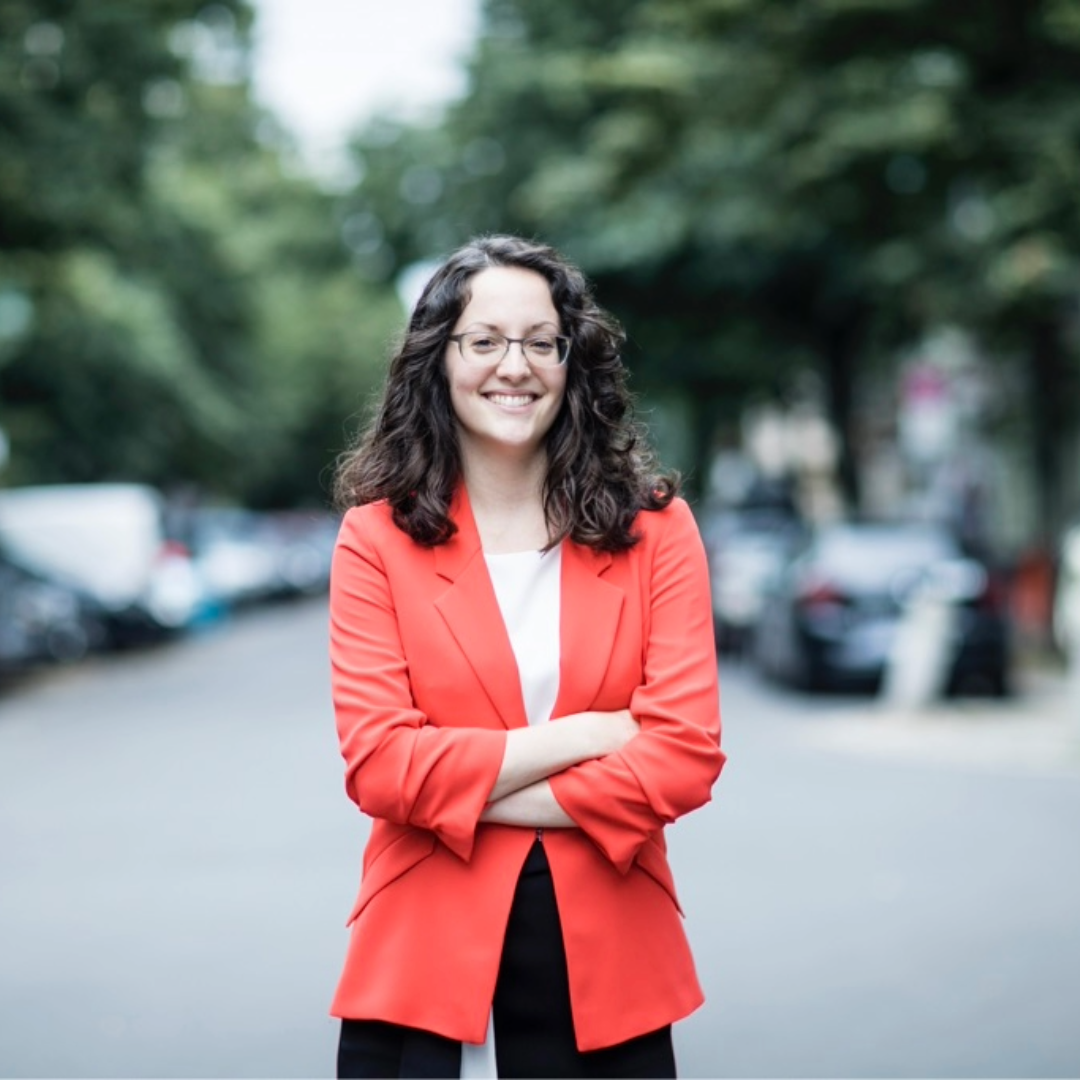
Dr. Ilona Benz
City of Kaiserslautern
| Dr. Ilona Benz is the managing director of KL.digital GmbH in Kaiserslautern, where she drives the implementation of digitalization structures and promotes a digital mindset within the city administration. She also works on integrating the Smart City concept into broader urban development and encourages interaction with the city's society. Prior to this, she led the Digitalization Office at the Baden-Württemberg Association of Municipalities until January 2022. |
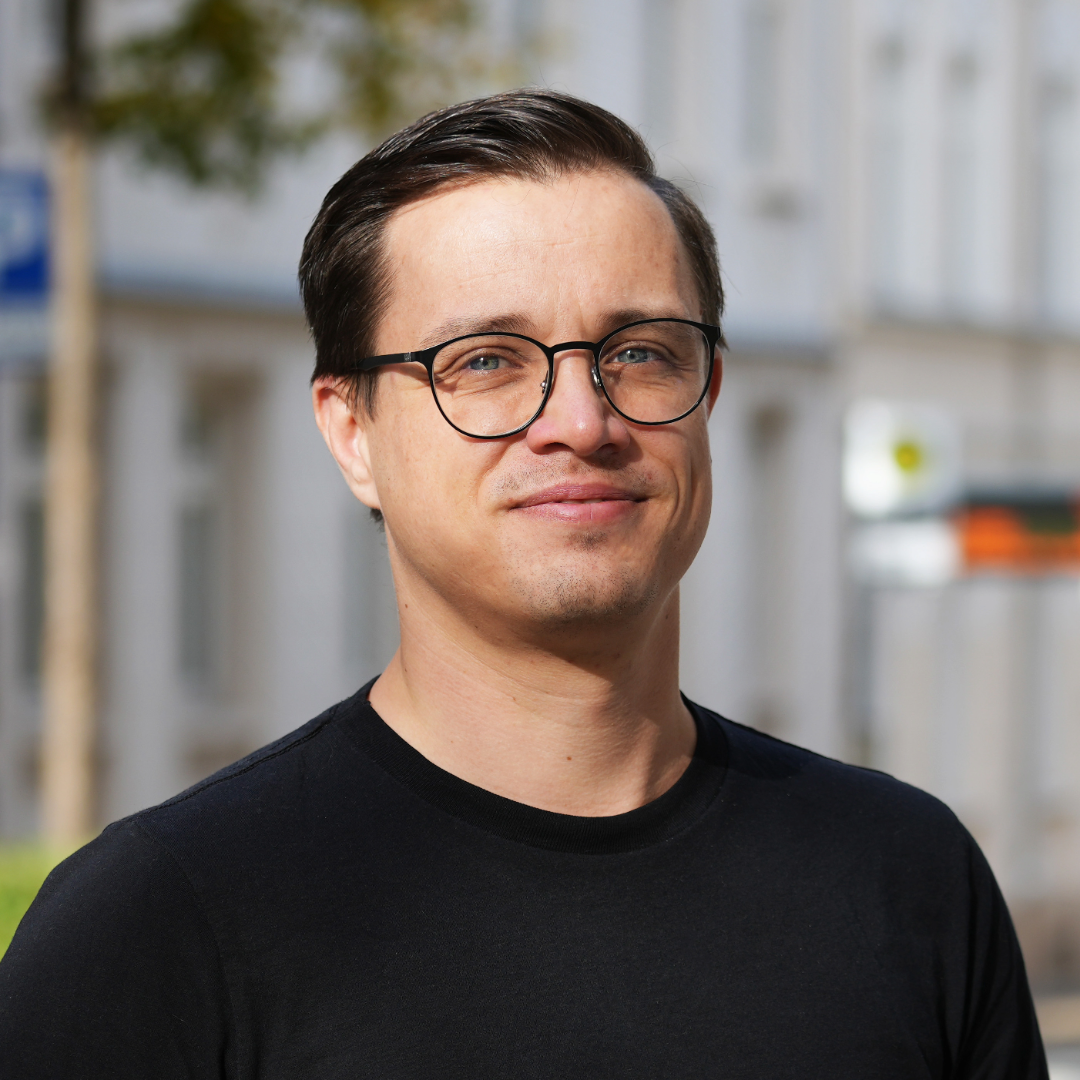
Konrad Hilger
Municipal Forum Saxony
| Konrad Hilger, born in 1987 in Wolgast, is a political scientist (M.A.) and Bildner, as well as the deputy chairman of the KFS. His areas of focus include municipal asylum policy, as well as migration and integration at the local level. He is also the author of the guide "Municipal Asylum Policy." |
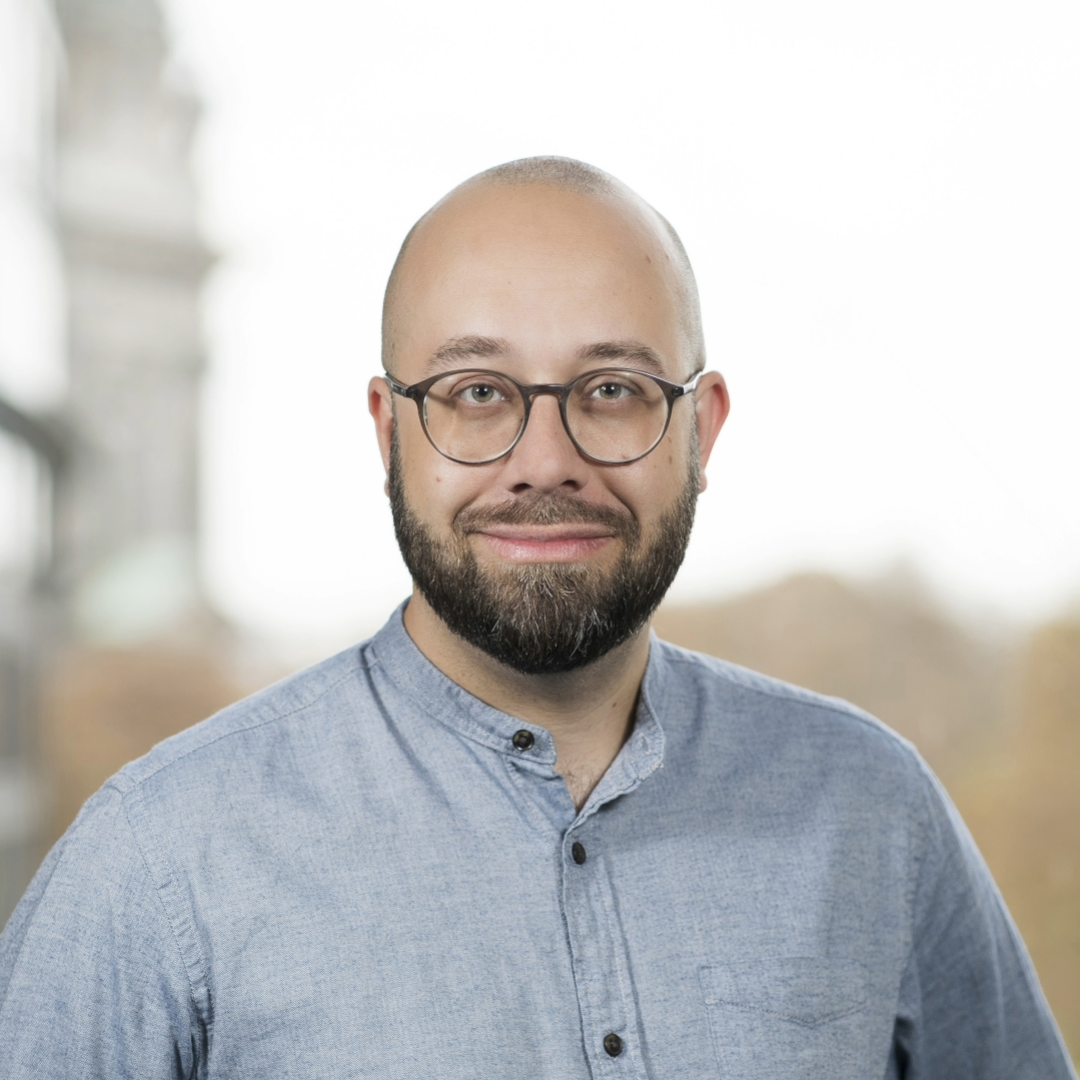
Mathias Großklaus
Agora Digital Transformation
|
Mathias Großklaus is the Innovation Lead for Participatory Governance at Agora Digital Transformation. In this role, he works to ensure that digital technologies become effective tools for a more just society. The PhD political scientist has conducted extensive research on topics such as digital public services, Smart Cities and Smart Regions, sustainable digital solutions, and data governance, and has implemented numerous innovations. His focus is always on participatory, transparent, and inclusive processes, as he believes that new forms of collaboration between the state, civil society, and citizens are crucial. are essential for a successful transformation. |
Annika Henze-Sakowsky
City of Göttingen
Annika Henze-Sakowsky has been the head of the Smart City project in the city of Göttingen since September 2022. Previously, she worked as a Project Manager for Future City Solutions and Lemgo Digital at Fraunhofer IOSB-INA, where she led projects in digitalization and Smart City development. She was also a Steering Board Member at the Morgenstadt – City of the Future initiative and worked as a Smart City Project Manager at Bosch UK. Her academic background includes a Master of Science (M.Sc.) in International Management from Steinbeis University and a Bachelor of Arts (B.A.) in International Relations and Management from the Ostbayerische Technische Hochschule Regensburg. She also studied at Aarhus University, focusing on International Communication and Multimedia.
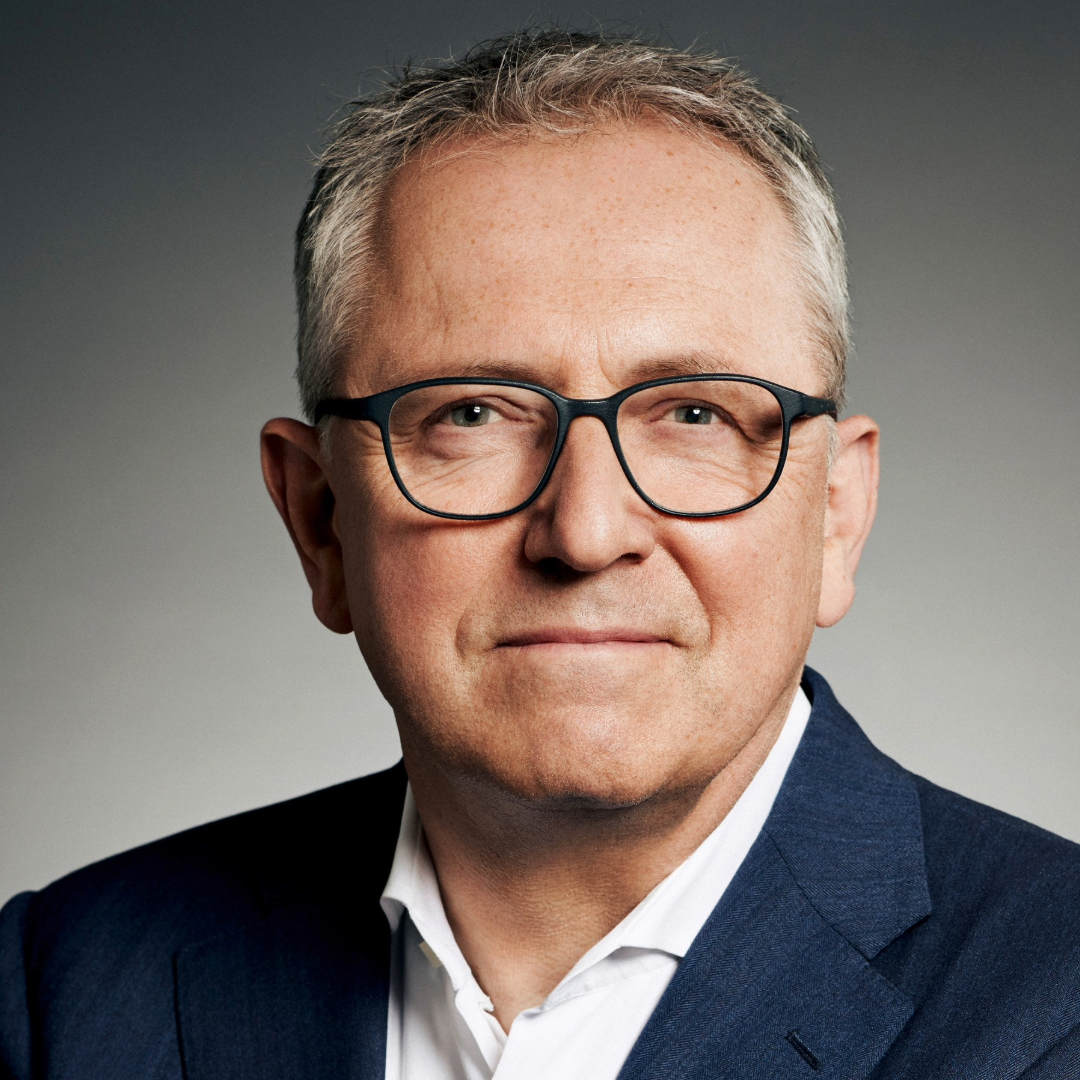
Dr. Peter Kurz
Former Mayor of the City of Mannheim
|
Peter Kurz (* November 6, 1962, in Mannheim) is a German politician from the SPD and served as the mayor of Mannheim from 2007 to 2023. After studying law in Mannheim and Heidelberg and completing his doctorate, he initially worked as a judge at the Administrative Court of Karlsruhe. In municipal politics, he served as a city councilor and as the mayor for education, culture, and sports in Mannheim before being elected mayor in 2007. During his tenure, he focused particularly on issues such as education, culture, digitalization, and international cooperation. Kurz was strongly engaged in the international context, particularly through his involvement in the founding of the Global Parliament of Mayors and his commitment to implementing the UN Sustainable Development Goals at the local level. In 2021, he was awarded the World Mayor International Award for his international achievements. |
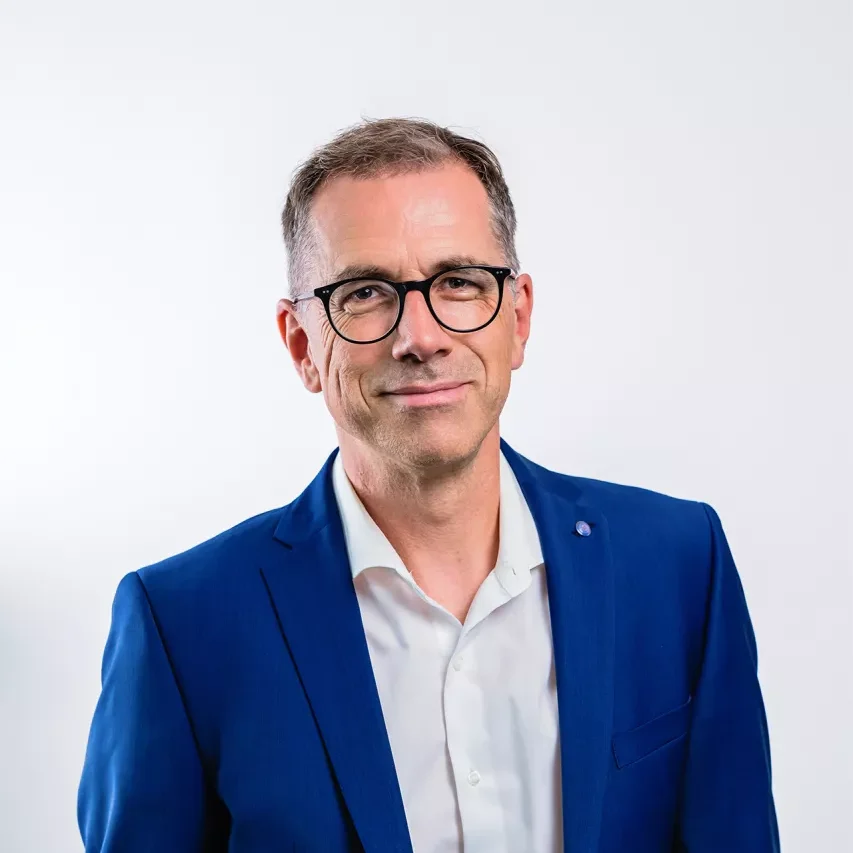
Dr. Oliver Märker
Zebralog
Dr. Oliver Märker ist Geschäftsführer der Zebralog GmbH. Neben seiner Tätigkeit als Geschäftsführer koordiniert er die drei Zebralog-Geschäftsfelder „Stadt -und Regionalentwicklung“, „Mobilität und Infrastruktur“ und „Demokratieentwicklung und Digitales“. Im Mittelpunkt seiner Beratungstätigkeit steht die wirkungsvolle und zukunftsfähige Entwicklung analoger und digitaler Beteiligung. Als Berater und strategischer Partner unterstützt er öffentliche und private Institutionen dabei, Partizipation nachhaltig zu verankern und demokratische Prozesse nach innen und außen qualitativ hochwertig umzusetzen.
Dr. Märker studied Geography, Psychology, and Sociology at the University of Bonn. He completed his doctorate in 2004 at the University of Oldenburg on the topic of e-participation and was awarded the Mediation Science Prize for his dissertation on online mediation in urban and regional planning. Before joining Zebralog, he worked for several years at the Fraunhofer Institute for Intelligent Analysis and Information Systems (IAIS), where he also focused on e-participation and the support of formal participation processes through digital systems.

Jonatham Seim
City of Wuppertal
|
Jonathan Seim has been a project associate at the city of Wuppertal since January 2024, working on the BMBF research project "Cooperative Digital Municipality through Innovative Communication and Interaction Strategies" (KoodiKo). In this project, he develops innovative technologies and formats to promote municipal citizen participation. Before that, from April 2021 to December 2023, he was a research associate at the Center for Advanced Internet Studies (CAIS), where he worked on the Digital Ethics project and pursued a PhD in Philosophy, focusing on democratic theory issues related to citizen participation. employed. Additionally, Seim was the scientific coordinator of the Düsseldorf Institute for Internet and Democracy (DIID) at Heinrich Heine University Düsseldorf from May 2020 to December 2023, after having previously worked there as a research assistant. His research and teaching focused on digital democracy and inclusion in citizen participation processes. Among his publications is the contribution "Inclusion and Participation in Citizen Participation Processes." |
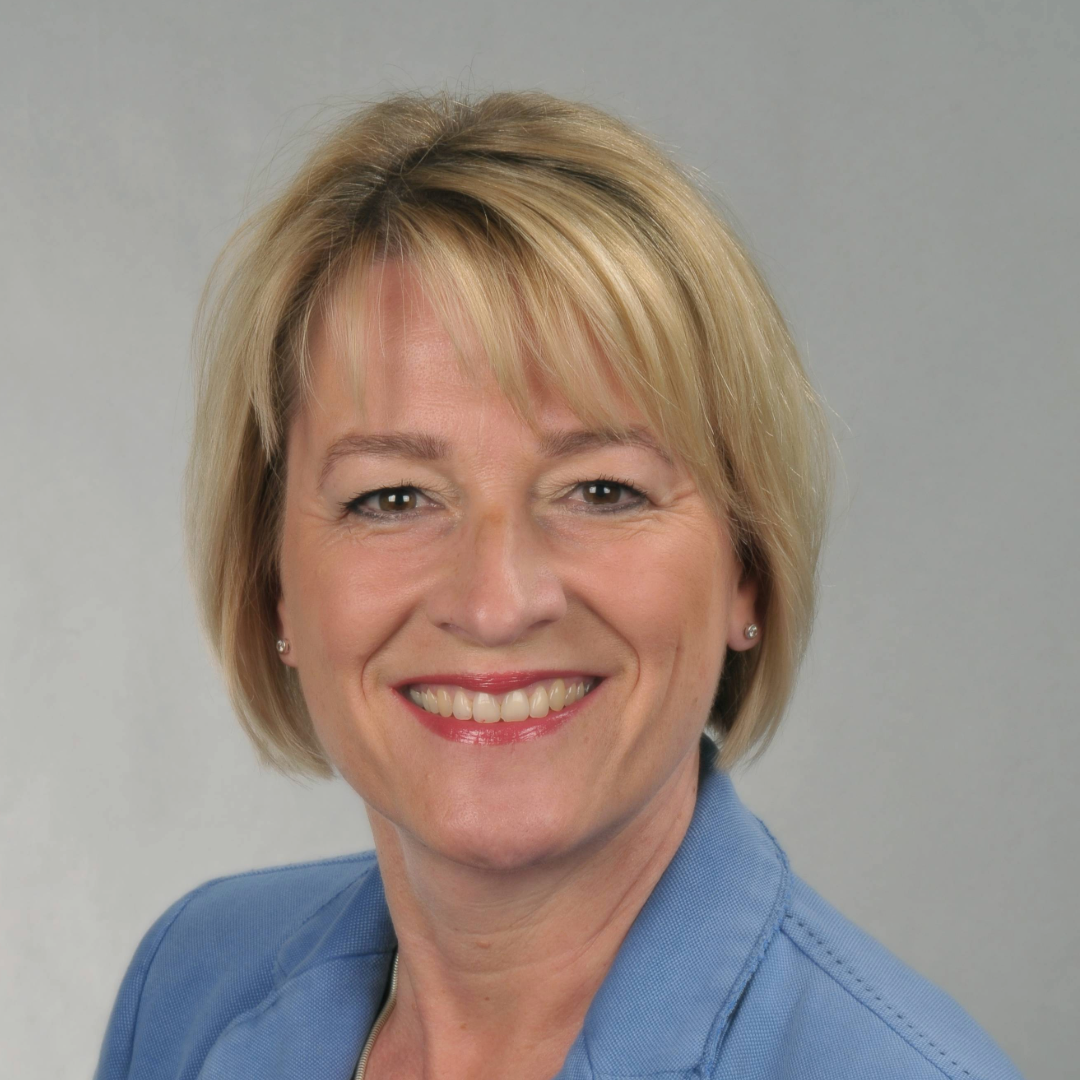
Kristin Walsleben
German Association of Towns and Municipalities
|
Kirstin Walsleben is the head of department at the German Association of Towns and Municipalities (Deutscher Städte- und Gemeindetag) and is responsible for, among other topics, integration. After studying law, she gained professional experience as a lawyer and as an advisor at the Ministry of the Interior of Brandenburg. Since 2001, she has been working in various departments at the German Association of Towns and Municipalities, contributing her expertise to the organization's work. |
